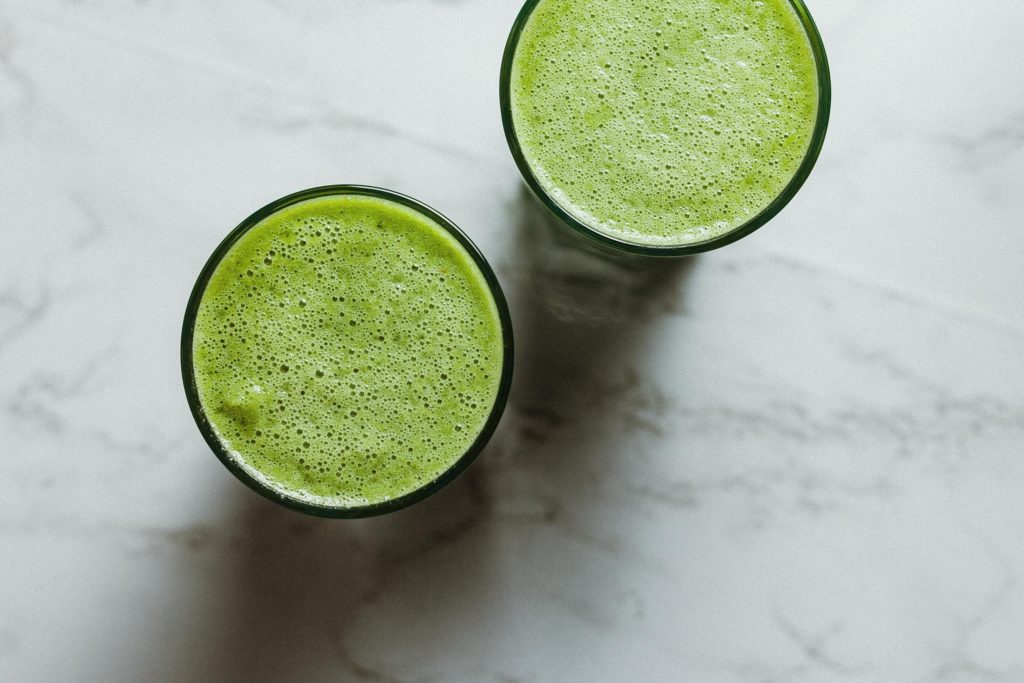Plant-based Diets, Iron Deficiency and How We Can Help
Plant-based diets more popular than ever. The need for iron in women of reproductive age has never been in more demand. Without an iron-enriched cells, the body is starved of oxygen and classic iron deficiency symptoms will present:
- Fatigue
- Irritability
- Pallor skin
- Dizziness
- Heavy menstrual bleed (can increase the risk of iron deficiency)
- Low menstrual bleed (can be a symptom of poor nutrition and low iron stores)
As soon as you find yourself pregnant, it is super important to be diet-prepared! Especially if you are choosing a meat-free pregnancy. It is equally important that women who follow a plant-based diet and suffer heavy periods have their iron levels checked regularly by blood tests. This can be done routinely at your GP, or with your OBGYN if you prefer.
How We Check For Low Iron
Iron levels are detected through a simple blood test. We check your red cell count and your haemoglobin levels to check that your body is receiving adequate iron with a healthy haemoglobin level. Healthy red blood cells are necessary for the transport of oxygen.
Iron testing can be performed at a pathology clinic near you and doesn’t require booking ahead. Iron checks are routine during pregnancy care.
Other than Diet, What Else Can Cause Iron Deficiency?
About 1:20 women suffer heavy menstrual bleeding (Menorrhagia). “We diagnose menorrhagia in women who present with symptoms such as heavily soaking through pads and tampons and with a period that exceed more than 7 days” says Dr Stephen Elgey, OBGYN. “Non-invasive medical attention such as IUDs (Intra-uterine Device) and medication can treat the bleeding, and we also offer iron infusion therapy in our rooms for women who are needing a fast boost”.
IV Iron Infusions at Sunnybank Obstetrics and Gynaecology
For patients with markedly low iron stores we perform IV iron infusions in our clinic under the care of Dr Elgey. “IV iron works well with my patients that are unable to tolerate oral iron. Sometimes this can be due to poor digestion and stomach upset. IV iron is often recommended to our pregnant patients that need a rapid iron boost to avoid complications or a blood transfusion at delivery”
IV iron is non-invasive with minimal downtime. An IV drip goes directly into the bloodstream via a needle inserted into the vein. The iron solution is slowly dripped into the vein and you will be closely monitored by our team in the privacy of our clinic. The entire procedure will take approximately half an hour. Over the next twenty four hours you may feel sore in your muscles and joints and this is normal. In fact, this is what we want! This means the iron is doing it’s job transporting itself into your bloodstream.
We will ask you to book in a follow-up appointment within the following two weeks after an iron test to check that your levels have returned to normal.
We calculate the amount of iron needed by the values of your blood test. Once we have your iron stores back at a healthy level you are safe to continue a diet enriched with iron fortified food.
Check In:
Before commencing medication or vitamins be sure to chat with your health care provider. It’s important we check the correct dosage and supplementation for your needs.
Not sure what food you should be eating? Click on the foods below to link to nutrient-rich (and delicious) meals to help maintain your iron levels.
Examples of Some Incredibly Delicious Iron-Rich Recipes:
- Red meat
- Dark green leafy vegetables (brocolli, spinach, kale)
- Seafood (oysters, prawns, shellfish, seaweed)
- Oats
- Lentils and soybeans
What’s your favourite plant-based dish? Let us know on our Instagram @sunny_obgyn









